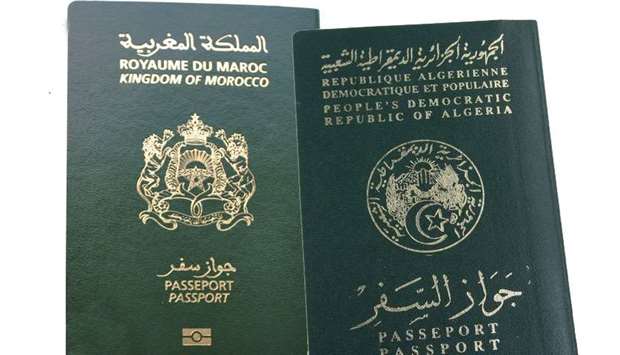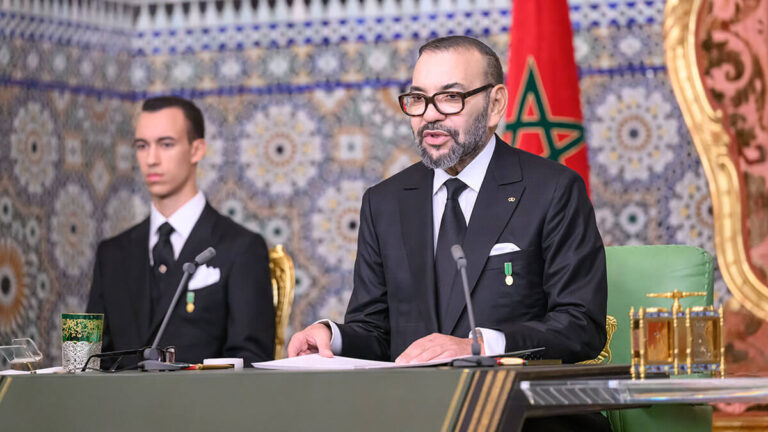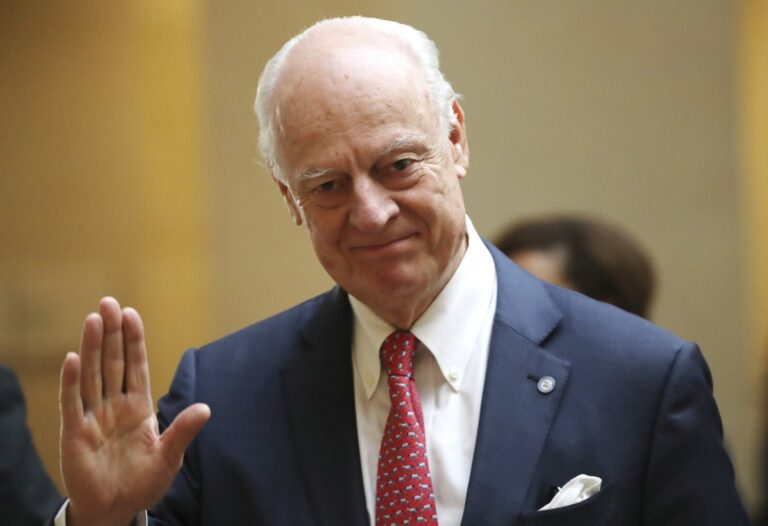
Thursday, 26 September 2024
In a move reflecting the deepening tensions between Algeria and Morocco, the Algerian government has announced the imposition of visa requirements for Moroccan citizens, signaling a significant escalation in the already strained relations between the two North African neighbors. This decision is seen by many analysts as an attempt by Algeria to divert attention from its faltering diplomatic efforts to counter Morocco’s growing international influence, particularly concerning the Western Sahara issue.
Algeria, which has long supported the Polisario Front and opposed Morocco’s sovereignty over Western Sahara, appears to be reacting to Morocco’s increasing diplomatic successes. Morocco’s 2007 Autonomy Plan for Western Sahara has gained considerable international support, most notably from influential nations and institutions, leaving Algeria increasingly isolated in its stance on the conflict. The new visa policy is widely viewed as an effort to cover the setbacks in Algeria’s anti-Morocco diplomatic campaign, which has struggled to gain traction in recent years.
The imposition of visa requirements comes at a time when Algeria is facing mounting criticism over its regional diplomacy. While Morocco has secured widespread backing for its autonomy proposal as a realistic and peaceful solution to the Western Sahara dispute, Algeria’s position remains rigid and confrontational, further exacerbating tensions with Rabat.
Analysts believe that Algeria’s visa decision is not only a direct response to its diminishing diplomatic influence but also a reflection of its frustration with Morocco’s growing international recognition. Morocco’s steady engagement with key global powers and international organizations has left Algeria with fewer allies willing to support its stance against Morocco’s sovereignty claims.
For Moroccan citizens, the new visa requirement represents an additional layer of difficulty in travel and relations with their neighbor, impacting cultural, familial, and economic ties that have long existed despite political disagreements. The imposition of visas also adds another dimension to the existing diplomatic rift, making it increasingly difficult for any potential reconciliation between the two nations.
As Algeria intensifies its confrontational approach, Morocco continues to build its diplomatic strength on the international stage, further solidifying its position as a key regional power with growing support for its autonomy plan. The visa requirement appears to be yet another sign of Algeria’s struggle to maintain its relevance in the diplomatic arena, particularly concerning the Western Sahara issue.
This latest move highlights the broader regional rivalry between Algeria and Morocco, with both nations vying for influence in North Africa. However, Morocco’s increasing diplomatic success, contrasted with Algeria’s increasingly defensive measures, underscores the shifting dynamics in the region’s geopolitics.
4o






